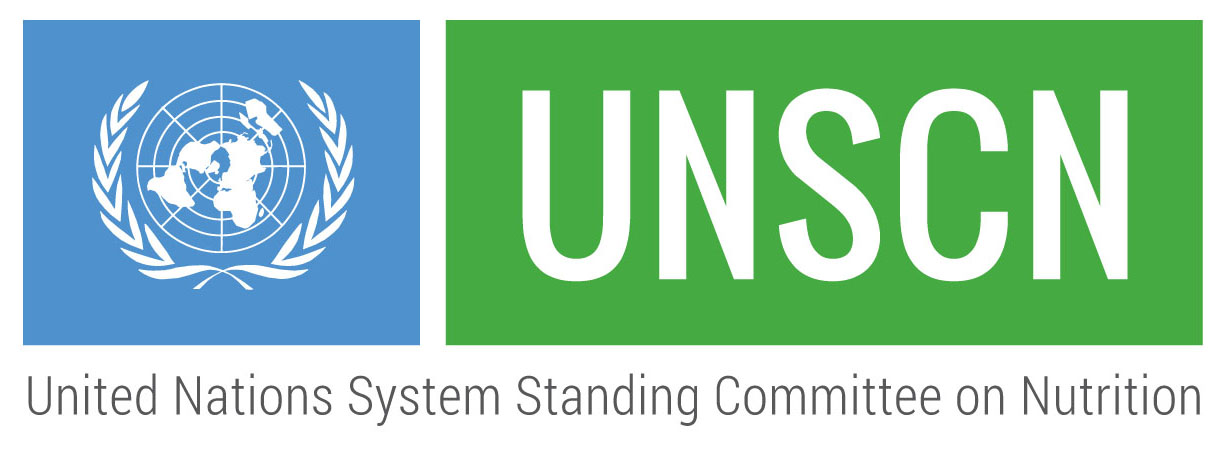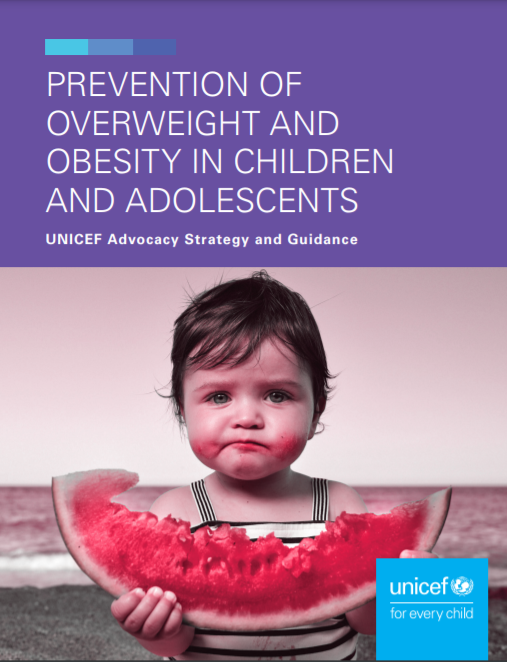Methods, Tools and Indicators
Overcoming Dietary Assessment Challenges in Low-Income Countries: Technological Solutions Proposed by the International Dietary Data Expansion (INDDEX) Project

An increasing number of low-income countries (LICs) exhibit high rates of malnutrition coincident with rising rates of overweight and obesity. Individual-level dietary data are needed to inform effective responses, yet dietary data from large-scale surveys conducted in LICs remain extremely limited. This discussion paper first seeks to highlight the barriers to collection and use of individual-level dietary data in LICs. Second, it introduces readers to new technological developments and research initiatives to remedy this situation, led by the International Dietary Data Expansion (INDDEX) Project. Constraints to conducting large-scale dietary assessments include significant costs, time burden, technical complexity, and limited investment in dietary research infrastructure, including the necessary tools and databases required to collect individual-level dietary data in large surveys. To address existing bottlenecks, the INDDEX Project is developing a dietary assessment platform for LICs, called INDDEX24, consisting of a mobile application integrated with a web database application, which is expected to facilitate seamless data collection and processing. These tools will be subject to rigorous testing including feasibility, validation, and cost studies. To scale up dietary data collection and use in LICs, the INDDEX Project will also invest in food composition databases, an individual-level dietary data dissemination platform, and capacity development activities. Although the INDDEX Project activities are expected to improve the ability of researchers and policymakers in low-income countries to collect, process, and use dietary data, the global nutrition community is urged to commit further significant investments in order to adequately address the range and scope of challenges described in this paper.





